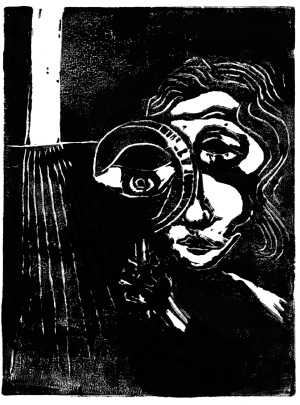
Haven’t Jews always been great questioners? Isn’t the Talmud, especially the part written around the year 500 called the Gemara, an example of this? Why does it constantly pose questions? Is it because the Talmud is an attempt to compile all the rabbinic teachings, and the rabbinical style of teaching is posing questions? Or do rabbis teach like this because this is how the Talmud is written?
When I asked a rabbi why the Talmud instructs fathers to teach their sons how to swim, why did he answer with a question: “The Talmudic answer would be: ‘Why not?’”?
Why does the Talmud frame answers in terms of questions? For example, why does the Talmud say, “Who is wise? One who learns from all”? Wouldn’t it have been easier to say, “One who learns from everyone is wise”? How many of these Q&As are in the Talmud, including: “Who is rich? He that rejoices in his portion,” “Who is a hero? He who conquers his urge”?
Is it a coincidence that the Haggadah—the guide to the Passover seder that explains the holiday to children by having them ask four questions—was first conceived during the same period as the Talmud? And why do we always refer to the “four questions” when actually they ask five?
Doesn’t the Talmud ask so many questions because one of its original inspirations was Hillel, the great first-century rabbi, who was a great questioner in his own right? And aren’t there good reasons that some of his questions are still remembered today? “If I am not for myself, who will be for me? If I am not for others, what am I? And if not now, when?” Were these his best questions? Or are they just his most famous?
Why does the Talmud use a different word for question than she’eilah, the ancient Hebrew word for question that is used in the Torah that has its roots in asking for a gift? Why does the Talmud use the word kushiya, which comes from the Hebrew word kusheh, meaning hard? Is this hard as in hard as a rock—something in nature that is durable and impenetrable, that can only be chipped away at? Is the Talmud expressing the notion that an answer is something you must earn? Is the Talmud saying what young newspaper reporters used to be taught, that all questions should be hard? But would newspapers want to follow that to Talmudic lengths and say that no good question can be completely answerable?
Is it because of centuries of Talmudic thinking that in the Yiddish language the speaker’s voice raises in pitch toward the end of a sentence, making even statements sound like questions? Could this also be why Yiddish has so many one-word questions: nu? meaning “well?” or azoy? meaning “so?”?
